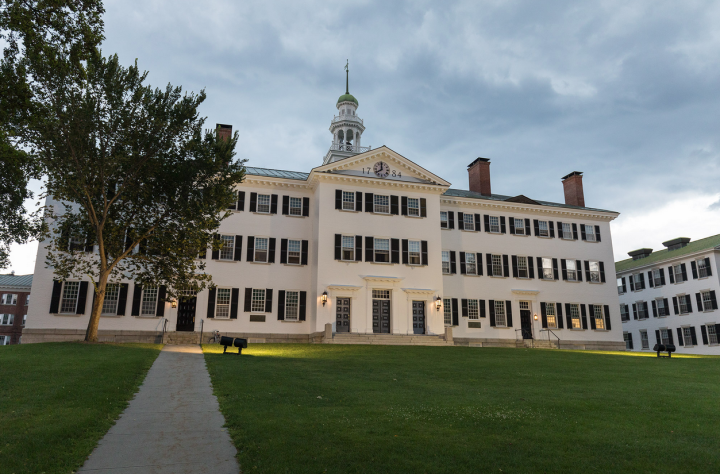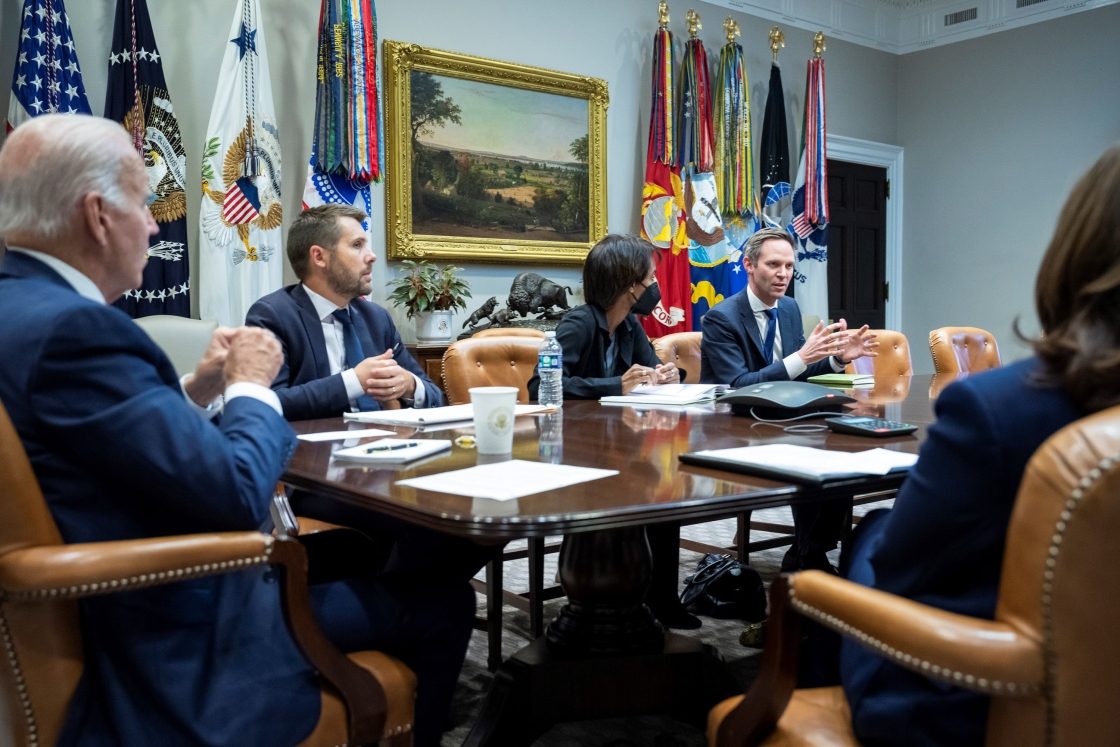Eleven members of the Faculty of Arts and Sciences who retired this year were honored at a reception on May 20 at the Hanover Inn. Some of the retirees wrote to Dartmouth News about their time at Dartmouth and their plans for the future.
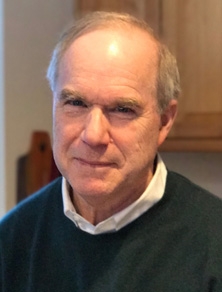
Bill Fischel
Economics
The largest part of my life’s research has involved the law and economics of local zoning and land use regulation. My students have contributed to my understanding of this with their term papers and in-class discussion, and I will miss that in retirement.
In partial compensation, I will be joining the Hanover Zoning Board of Adjustment and practice in retirement what I’ve been preaching as a scholar. I am also looking forward to introducing my grandson to the pleasures of outdoor life—hiking, cross-country skiing, and snowshoeing—that have contributed to the wonderful life my wife and I have enjoyed at Dartmouth for the last 46 years.
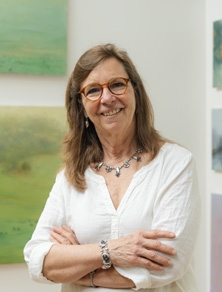
Louise Hamlin
Studio Art
I’m privileged to have worked with wonderful students and colleagues here for 29 years. Visiting artists and a broad range of contemporary exhibitions added spice to Studio Art’s stimulating environment. While happily moving into a new home studio, I remain appreciative of the space Dartmouth provided for my professional development in painting, drawing, and printmaking. It has been deeply satisfying to see what our students create, both in our classes and after graduation, and to know that we help keep the arts alive in our threatened culture.
I especially want to thank President Jim Wright for prioritizing a building for the visual arts which places them, literally, on terra firma at Dartmouth. Thanks also to the many administrators who support the arts in essential ways. And to everyone at the Hood Museum, where we are all inspired by the work of remarkable artists past and present, and where I look forward to an exhibition of my own work in 2022.
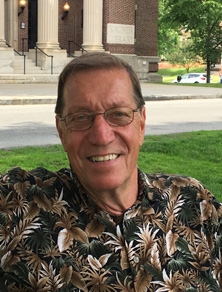
Howard Hughes
Psychological and Brain Science
I arrived at Dartmouth as an assistant professor in 1980, following graduate school at Ohio State University, and research/teaching appointments at the University of Pennsylvania School of Medicine. I had always thought of myself as a “big city, warm weather person,” but quickly discovered that the things that were most concerning to me about life in Northern New England became the things I valued most about being here. I learned to love our winters, in addition to our beautiful summers. Big city hassles became faint memories, and I discovered what a joy teaching can be when you have wonderfully gifted and curious students.
Upon completing 39 years on the Dartmouth faculty, I am filled with gratitude for all the talented colleagues and students who have enriched my life. I learned at least as much from them as they learned from me.
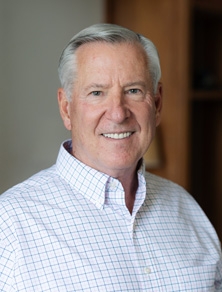
Peter Jacobi
Chemistry
During my academic career I have had the privilege of teaching and carrying out research at two of the finest institutions of higher learning in the country. I spent 22 years at Wesleyan University, in Middletown, Conn., before moving to Dartmouth in 1997. I retired from Dartmouth in July, having published nearly 100 papers in the general area of natural products chemistry, with an emphasis on organic synthesis. My most recent publication was the book Introductory Heterocyclic Chemistry.
Aside from graduate courses, I have enjoyed immensely teaching the sophomore organic chemistry courses at both Wesleyan and Dartmouth, where I have come into contact with many truly gifted students (a rough estimate would be nearly 2,000 over 44 years of teaching). While I still have some writing projects left to complete, I look forward to exploring more of what the beautiful Upper Valley has to offer.
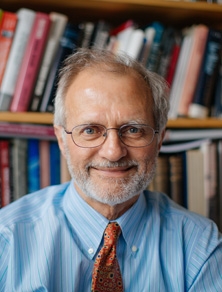
Richard Kremer
History
Retiring from Dartmouth after 34 years in the history department will allow me to intensify my international scholarly collaboration. From 2018 to 2022, I am co-leading a five-year project funded by the European Research Council to study medieval Latin astronomy. With 10 senior scholars, post-docs, and several doctoral students, we seek to better understand how ideas and mathematical practices circulated within and beyond what was emerging as “Europe” during the 14th and 15th centuries.
I am also planning and teaching seminars on historical scientific instruments at the Science Museum in London, the Deutsches Museum in Munich, and the China Science and Technology Museum in Beijing. The Scientific Instrument Commission, an international group of museum curators, historians, and scientists, will later this year be meeting for the first time in Cuba; as president of this organization, I am keen to bring more Latin American scholars into our community. So yes, I shall miss those bright-eyed Dartmouth undergraduates, but in retirement I’m still finding equally bright-eyed interlocutors elsewhere with whom I can continue to discuss, question, write, and learn.
John Scott
Economics
I have enjoyed my 42 years at Dartmouth College; this final year illustrates why. I taught courses with students in their first term and also courses with students in their last term. The academic year began with two microeconomics principles classes in the fall term; a seminar about technological progress followed in the winter term; and then in the spring term came two classes of students writing research papers to culminate their special field study of industrial organization.
Also in 2018 and 2019, I had the satisfaction of publishing six papers with colleagues, writing and securing acceptances for two more, and beginning the research for upcoming projects. Decades of such years—with teaching, research, and writing—have been a great joy.
***
Professor of Chemistry Joseph BelBruno, Professor of Spanish and Portuguese Raúl Bueno, Professor of History Margaret Darrow, Professor of Chemistry Robert Ditchfield, and Professor of Russian Deborah Garretson are also retiring this year from the Faculty of Arts and Sciences.
William Platt can be reached at william.c.platt@dartmouth.edu.
